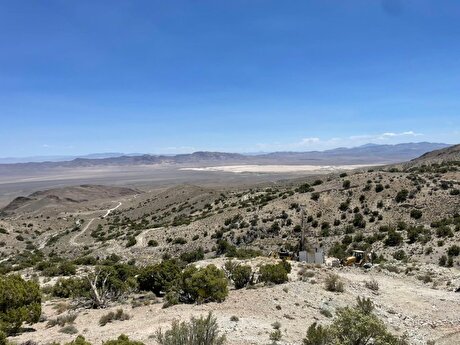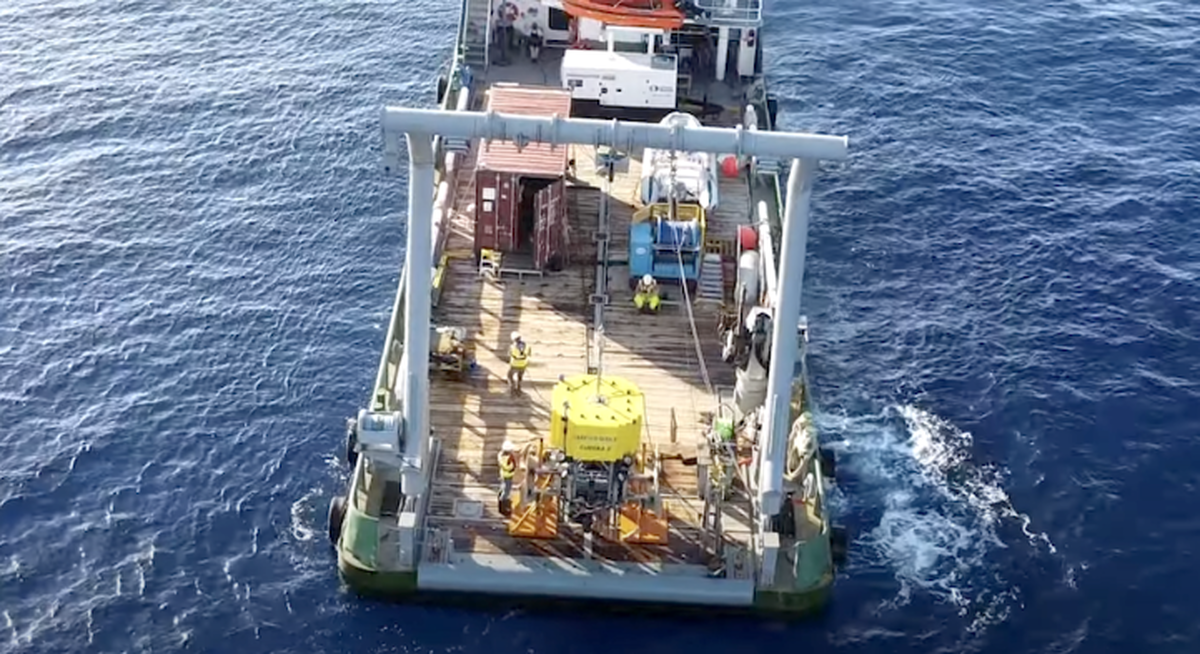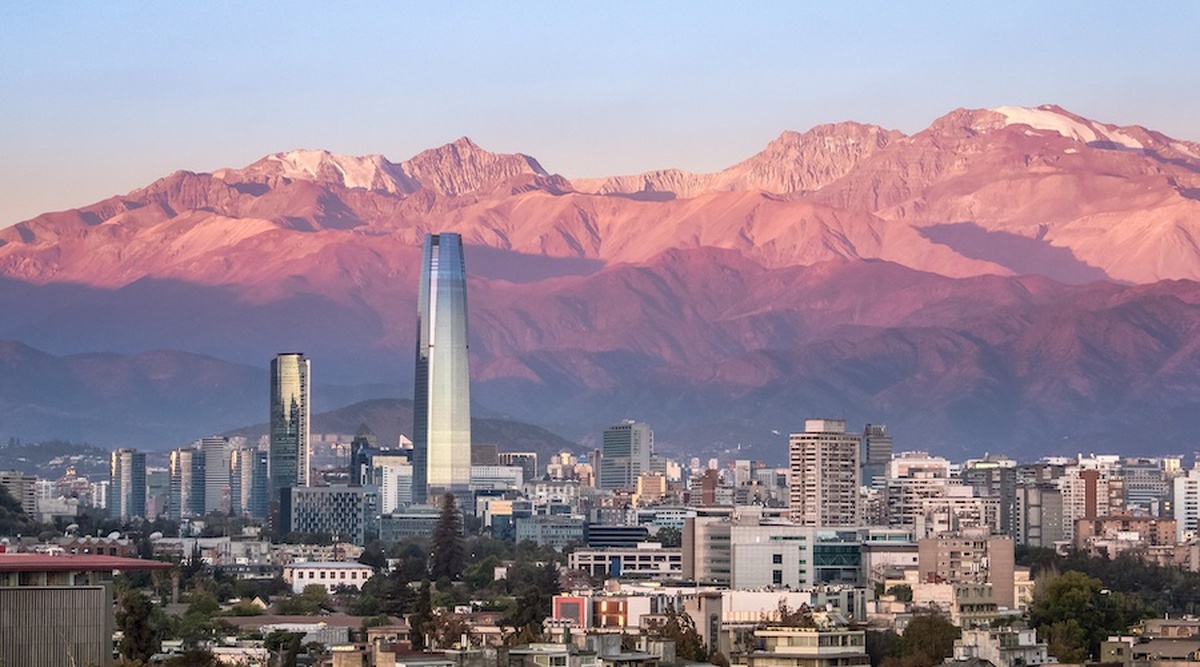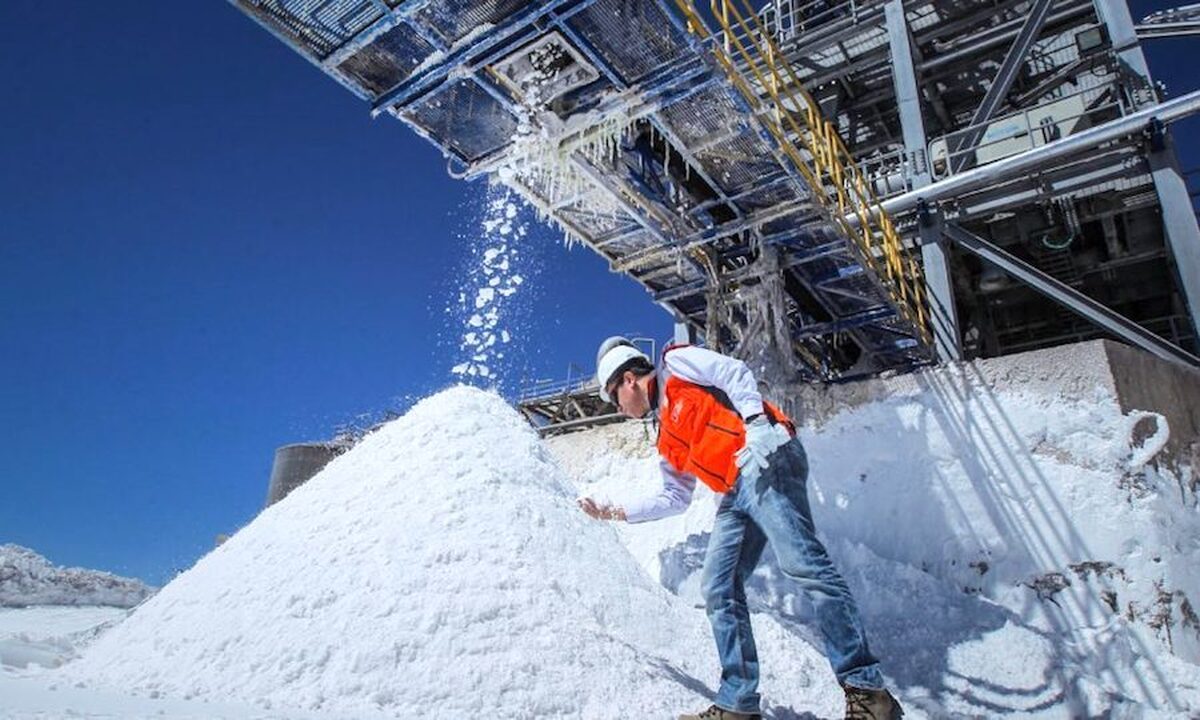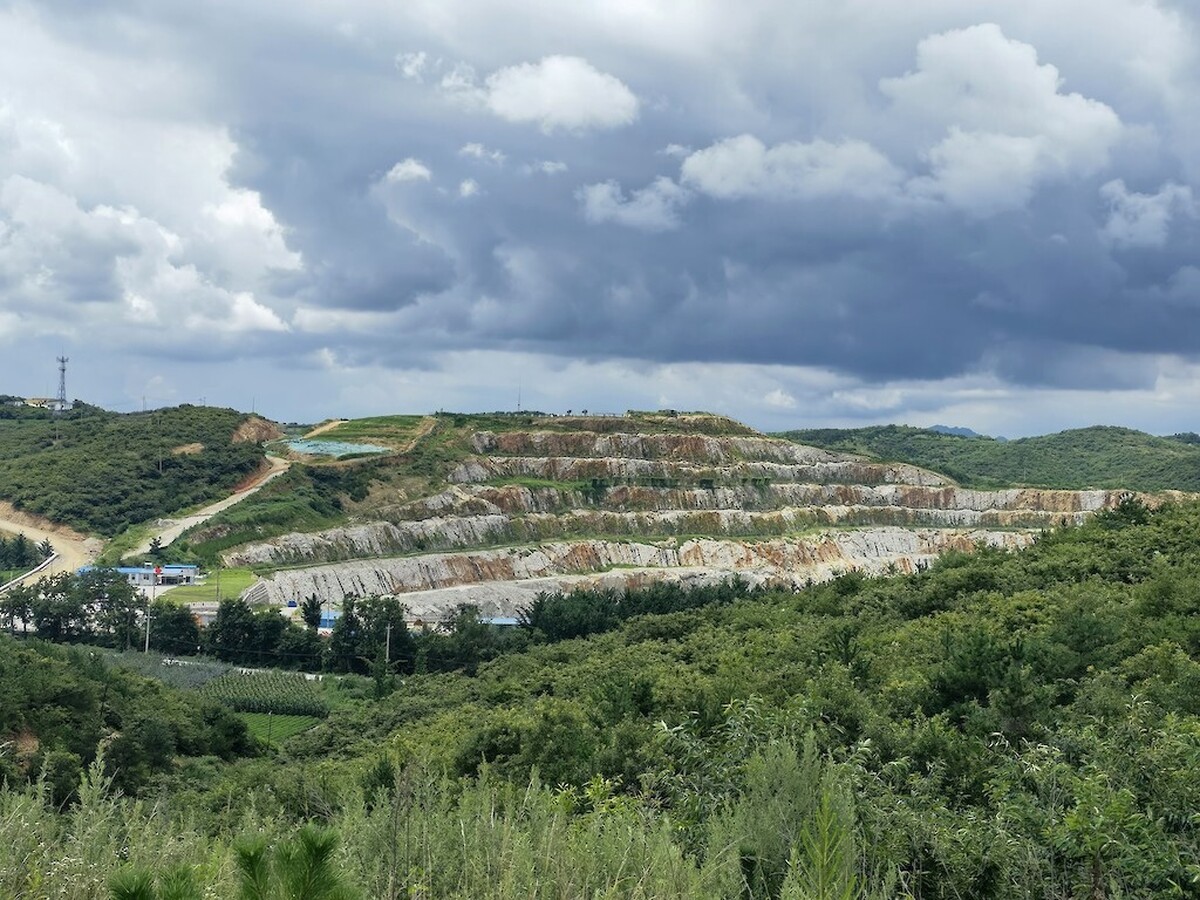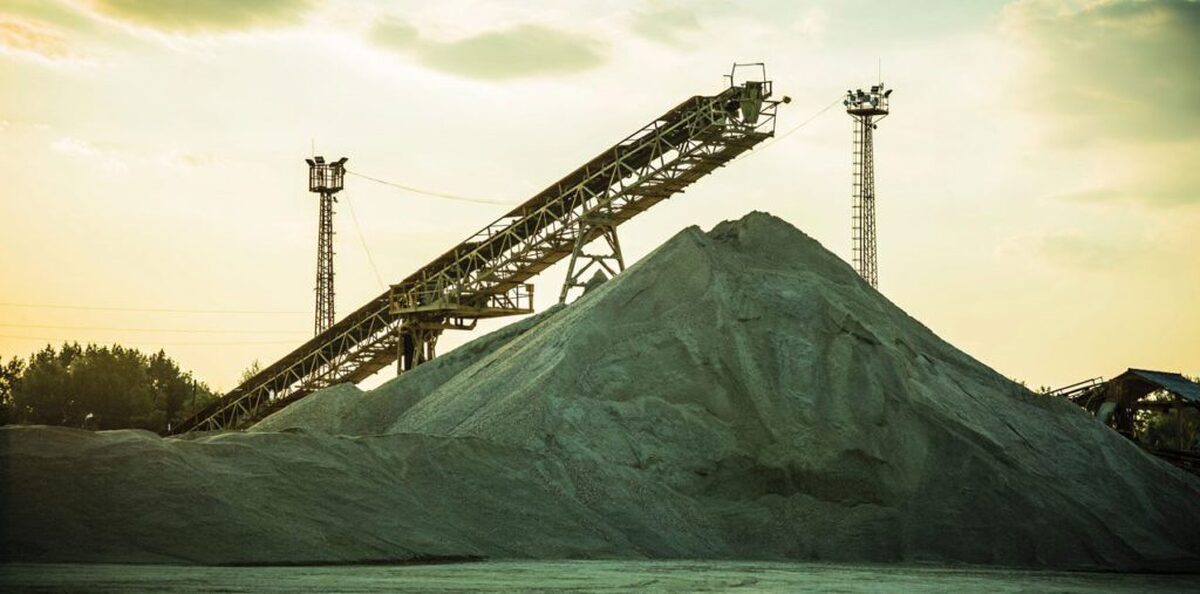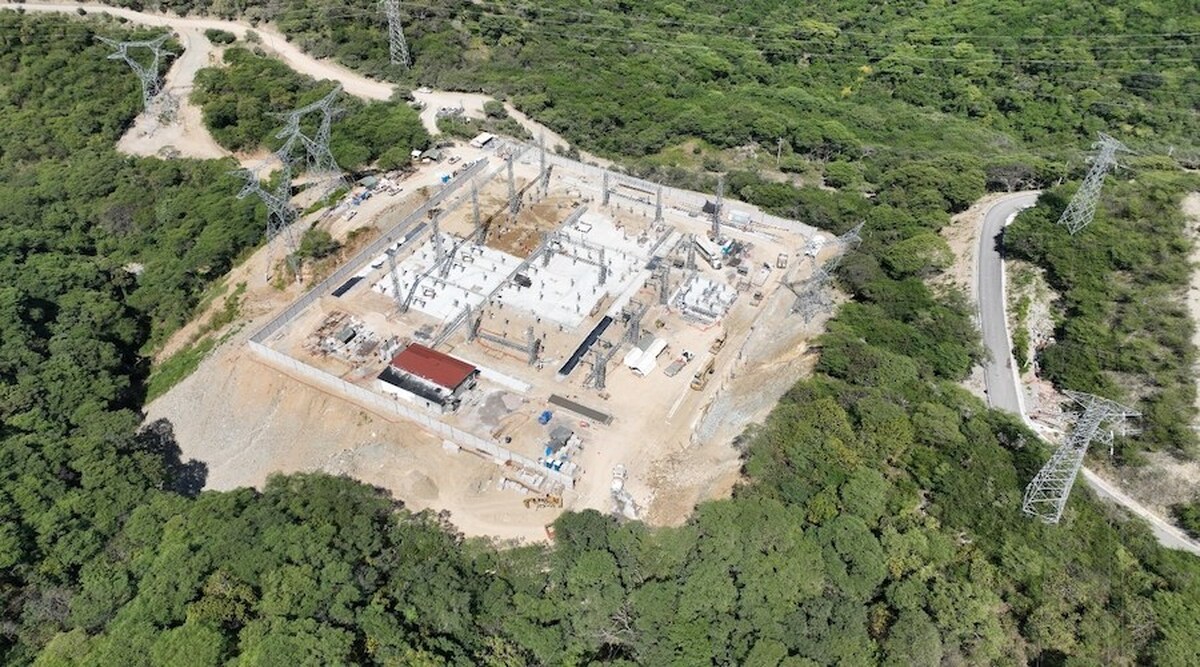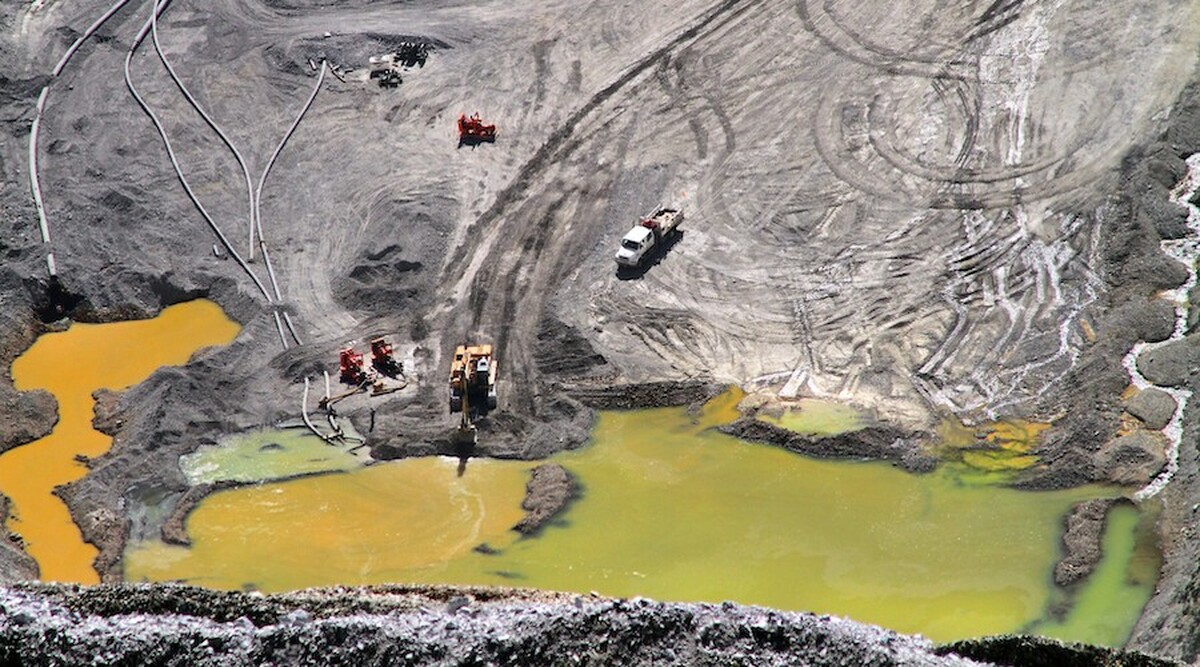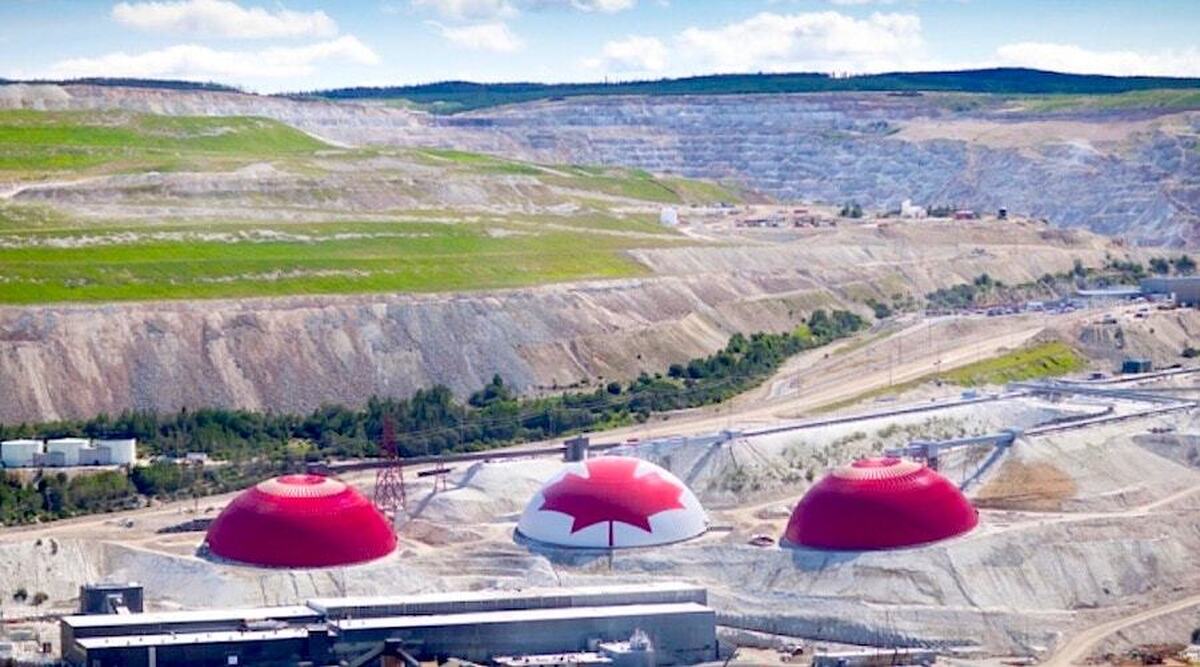
Finland reclaims mining crown as Canada loses ground

According to me-metals cited from mining.com, Canada’s standing slipped this year, with only two provinces — Saskatchewan and Newfoundland and Labrador — remaining in the global top 10. Saskatchewan placed seventh, down from third in 2024 and second in 2023, while Newfoundland and Labrador ranked eighth.
Rounding out the top five jurisdictions that are most attractive to investors, considering both mineral endowment and policy, are Wyoming and Arizona. The worst performing jurisdictions overall were Ethiopia, followed by Suriname, Niger, Canada’s Nova Scotia, and Mozambique.
On policies alone, Ireland ranked first and Bolivia last.
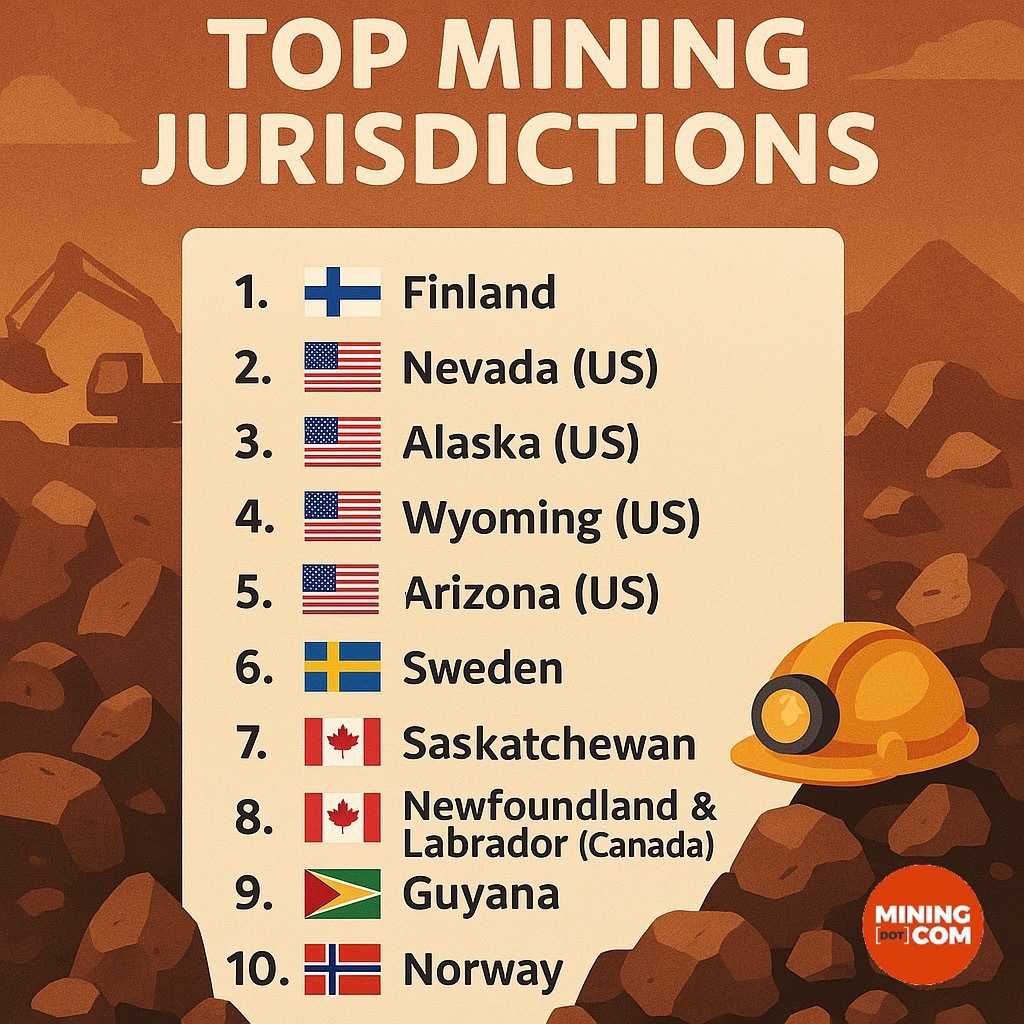
The survey evaluates jurisdictions based on geological potential and government policies that either encourage or discourage exploration and investment. This year’s edition ranked 82 regions and included responses from about 350 mining professionals, mostly from exploration and mining companies. Participants assessed issues such as tax regimes, permitting timelines, environmental regulations, and labour availability.
Most of the respondents (40%) worked for exploration companies, 32% for mining companies and the remainder identified as consultants or as ‘other’.
Policy uncertainty hits Canada
Policy uncertainty was a recurring concern among respondents, particularly in Canada. The Fraser Institute noted that disputed land claims with Indigenous groups and shifting environmental protections contributed to investor hesitation.
The nation had four provinces ranked amongst the world’s top 10 jurisdictions last year, compared to only two this year.
Yukon, British Columbia, and Manitoba still boast strong geological potential but ranked 40th, 32nd, and 43rd respectively when policy factors were included. Ontario continued its downward slide, falling to 15th from 10th last year due to rising concerns over taxes, labour rules, and political stability. Quebec saw the steepest drop, from fifth to 22nd, amid worries about tax policies, regulatory duplication, and its legal framework.
In response to Nova Scotia’s poor performance, Sean Kirby, executive director of the Mining Association of Nova Scotia, said the province must overhaul its permitting process to unlock its potential.
“Nova Scotia has great geology for critical minerals and many others, but we need to fix permitting to attract investment and create jobs,” Kirby said. “The new Fraser Institute study is a stark reminder that we need to copy how other provinces regulate their mineral sectors.”
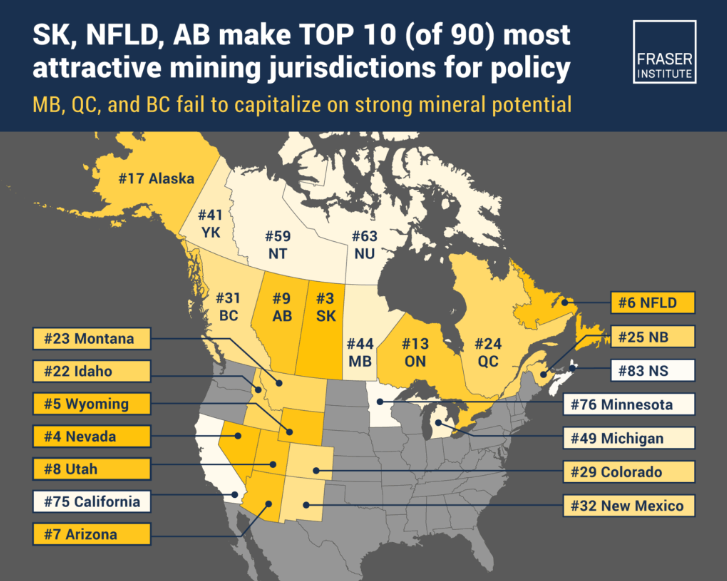
Kirby added that while most of the government’s mining experts work in the Department of Natural Resources’ Geoscience and Mines Branch, they play almost no role in permitting.
“Instead, we are almost entirely regulated by people in other departments who are not experts in mining,” Kirby said.
Since the survey was conducted between August and December last year, Canada has seen significant political and regulatory shifts.
Mark Carney’s election as prime minister and new federal and provincial legislation aimed at speeding up major project approvals could potentially improve Canada’s standing in next year’s report.
source: mining.com
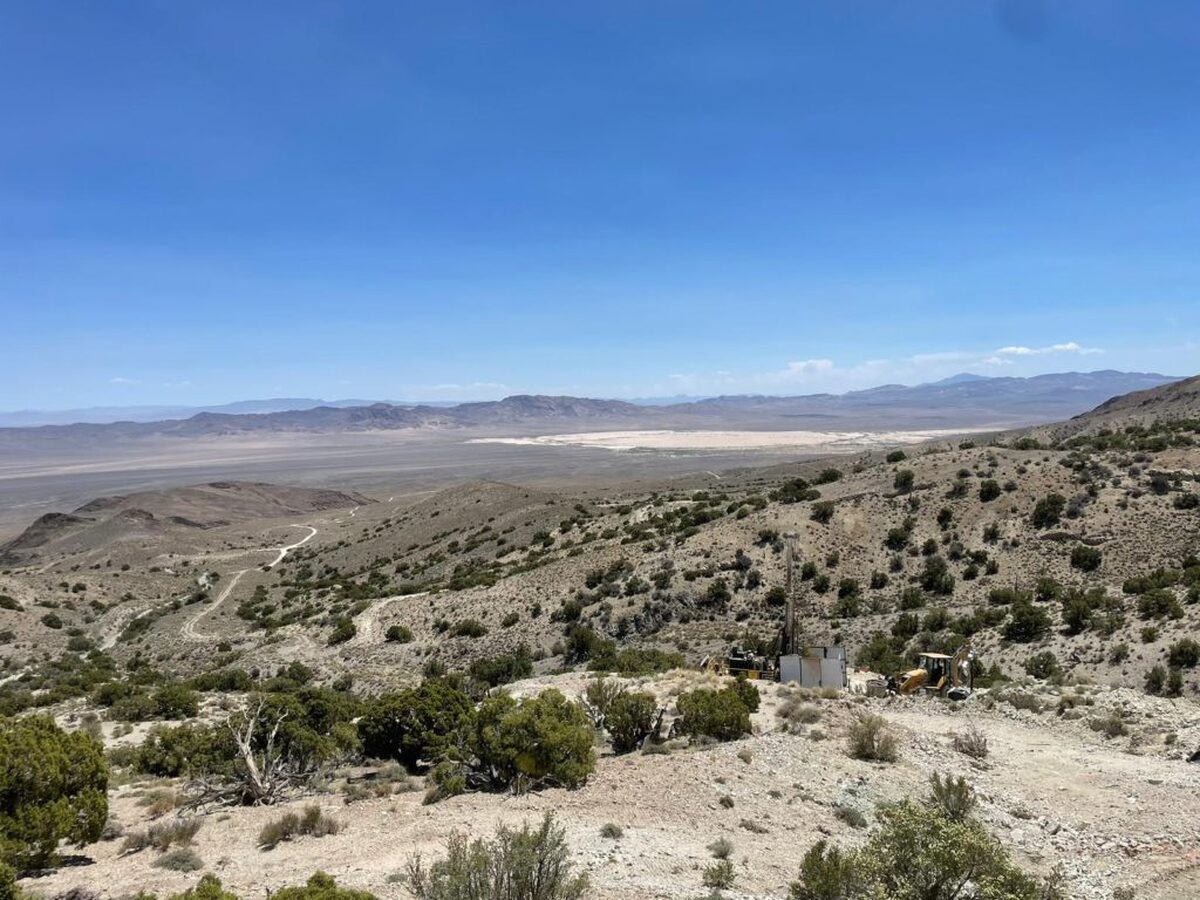 twenty-three Hours ago
twenty-three Hours ago 
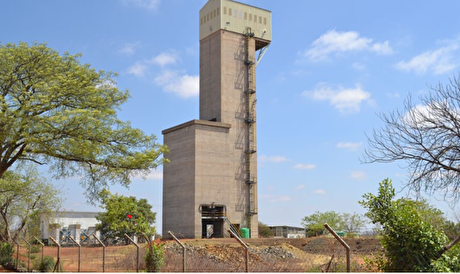
NexMetals receives EXIM letter for potential $150M loan
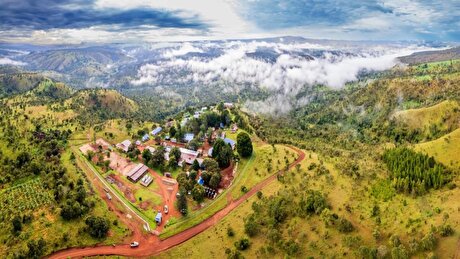
Lifezone Metals buys BHP’s stake in Kabanga, estimates $1.6B project value

China quietly issues 2025 rare earth quotas

Teck approves $2.4B expansion of Highland Valley Copper
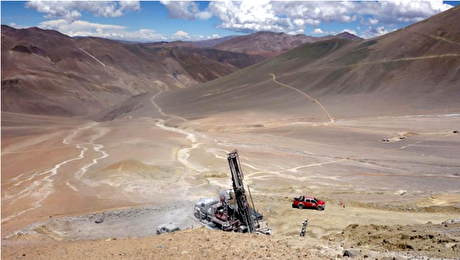
BHP, Lundin JV extends useful life of Argentina copper mine

Gold price eases after Trump downplays clash with Fed chair Powell
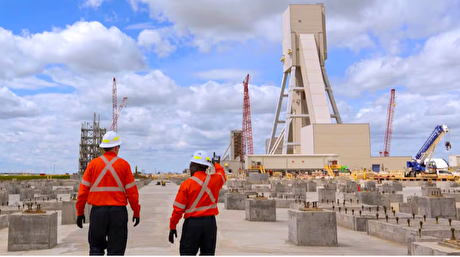
BHP delays Jansen potash mine, blows budget by 30%
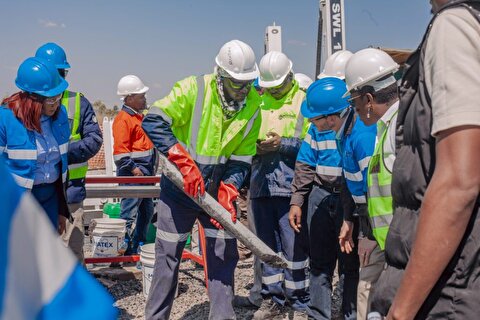
KoBold signs Congo deal to boost US mineral supply
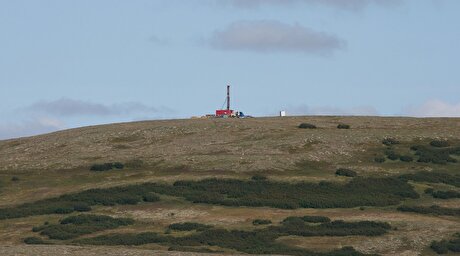
Northern Dynasty extends losses as it seeks court resolution on Pebble project veto

Gold price could hit $4,000 by year-end, says Fidelity

Southern Copper expects turmoil from US-China trade war to hit copper

Ramaco Resources secures five year permit for Brook rare earth mine in Wyoming

Column: EU’s pledge for $250 billion of US energy imports is delusional

Finland reclaims mining crown as Canada loses ground

Gold price down 1% on strong US economic data
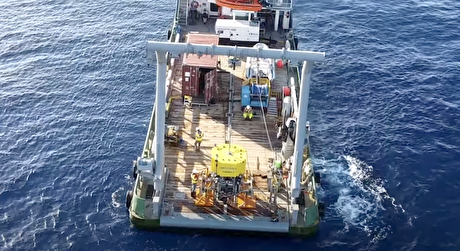
Trump’s deep-sea mining push defies treaties, stirs alarm
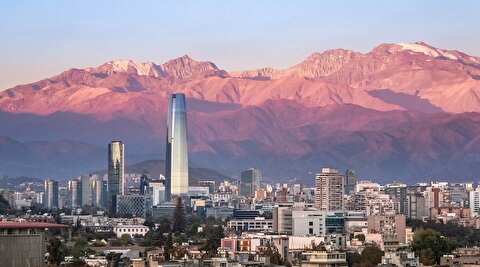
Chile’s 2025 vote puts mining sector’s future on the line

Gold price retreats to near 3-week low on US-EU trade deal
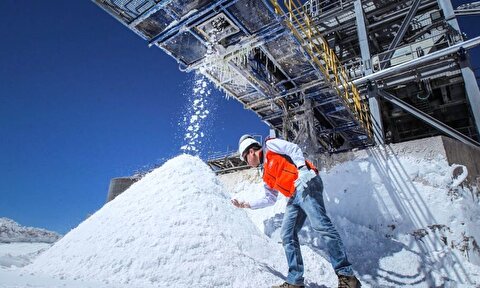
China’s lithium markets gripped by possible supply disruptions

Gold price could hit $4,000 by year-end, says Fidelity

Southern Copper expects turmoil from US-China trade war to hit copper

Ramaco Resources secures five year permit for Brook rare earth mine in Wyoming

Column: EU’s pledge for $250 billion of US energy imports is delusional

Gold price down 1% on strong US economic data

Trump’s deep-sea mining push defies treaties, stirs alarm

Chile’s 2025 vote puts mining sector’s future on the line

Gold price retreats to near 3-week low on US-EU trade deal

China’s lithium markets gripped by possible supply disruptions
